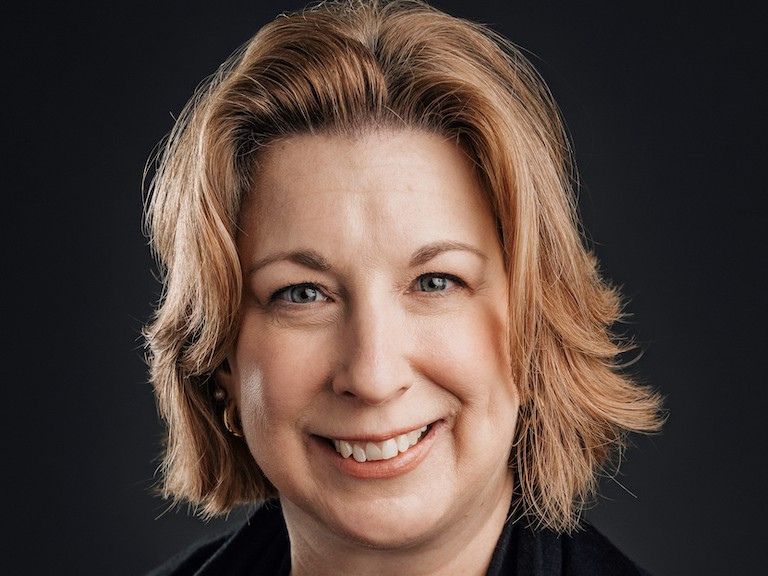Manhattan College today announced that it received a National Science Foundation (NSF) grant for the establishment of a STEM (science/technology/engineering/math) Teaching and Learning Excellence Center. The Center will support:
- Supplemental instruction in introductory biology, chemistry, and physics courses;
- The Teaching and Learning Ambassador’s Workshop and Residency Program – a week-long workshop on best teaching practices couples with a year-long professionaldevelopment residency; and
- The first year experience course, SCI 100, which includes stipends for faculty to work with first year students as they transition to college.
 Said Dr. Marcy Kelly, Dean of the Manhattan College Kakos School of Arts and Sciences, “As professors advance during their careers, there must be a simultaneous focus on enhancing their teaching skills and their abilities to impart knowledge to all students within their classes. The NSF grant, through the establishment of the Teaching and Learning Center, will embrace
Said Dr. Marcy Kelly, Dean of the Manhattan College Kakos School of Arts and Sciences, “As professors advance during their careers, there must be a simultaneous focus on enhancing their teaching skills and their abilities to impart knowledge to all students within their classes. The NSF grant, through the establishment of the Teaching and Learning Center, will embrace
conversations on scholarly teaching methods; spotlight support on the best ways to teach first year students in science, particularly those students from under-resourced high schools; and build a strong feeling of community among science students from diverse backgrounds.”
As a lead-up to receiving the NSF grant, a select group of five Manhattan College professors in the sciences focused on and developed best teaching practices so that course content was understood by all students. The students in those classes excelled, doing better on exams and generally having a more in-depth appreciation for the overall course content. The grant will enable continuation of this trend to other science classes – faculty will receive a stipend for teaching STEM gateway courses taught during the first two years which typically have the highest failure rate among students, develop a primer for supplemental instruction where upper-class students will be given the opportunity to assist professors in “peer tutoring”, and research opportunities will exist focusing on support for first-year science students.
Said Dr. Kelly, “Having the resources that this grant provides gives us the opportunity to train additional faculty in exploring and adopting exciting best teaching practices. And, of course, our students remain at the center of all that we as educators do, and it is they who will advance and become successful based on the receipt of these best teaching practices. We are grateful
to the National Science Foundation for supporting us in the exciting endeavor”
 Said Dr. Marcy Kelly, Dean of the Manhattan College Kakos School of Arts and Sciences, “As professors advance during their careers, there must be a simultaneous focus on enhancing their teaching skills and their abilities to impart knowledge to all students within their classes. The NSF grant, through the establishment of the Teaching and Learning Center, will embrace
Said Dr. Marcy Kelly, Dean of the Manhattan College Kakos School of Arts and Sciences, “As professors advance during their careers, there must be a simultaneous focus on enhancing their teaching skills and their abilities to impart knowledge to all students within their classes. The NSF grant, through the establishment of the Teaching and Learning Center, will embrace